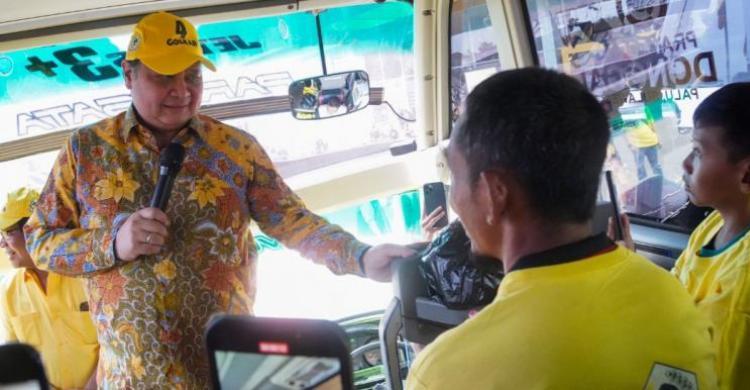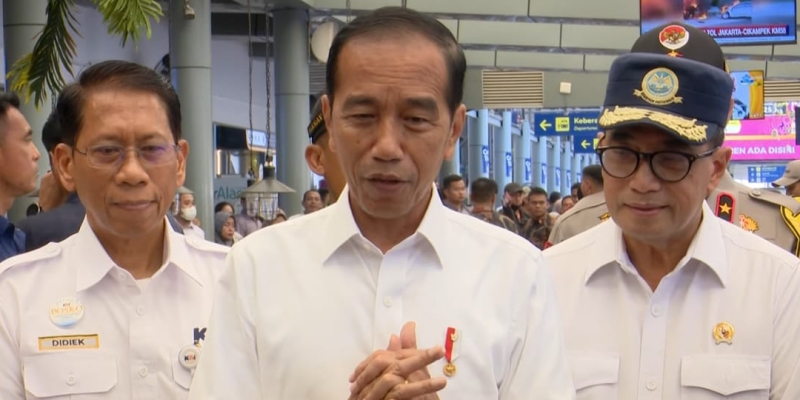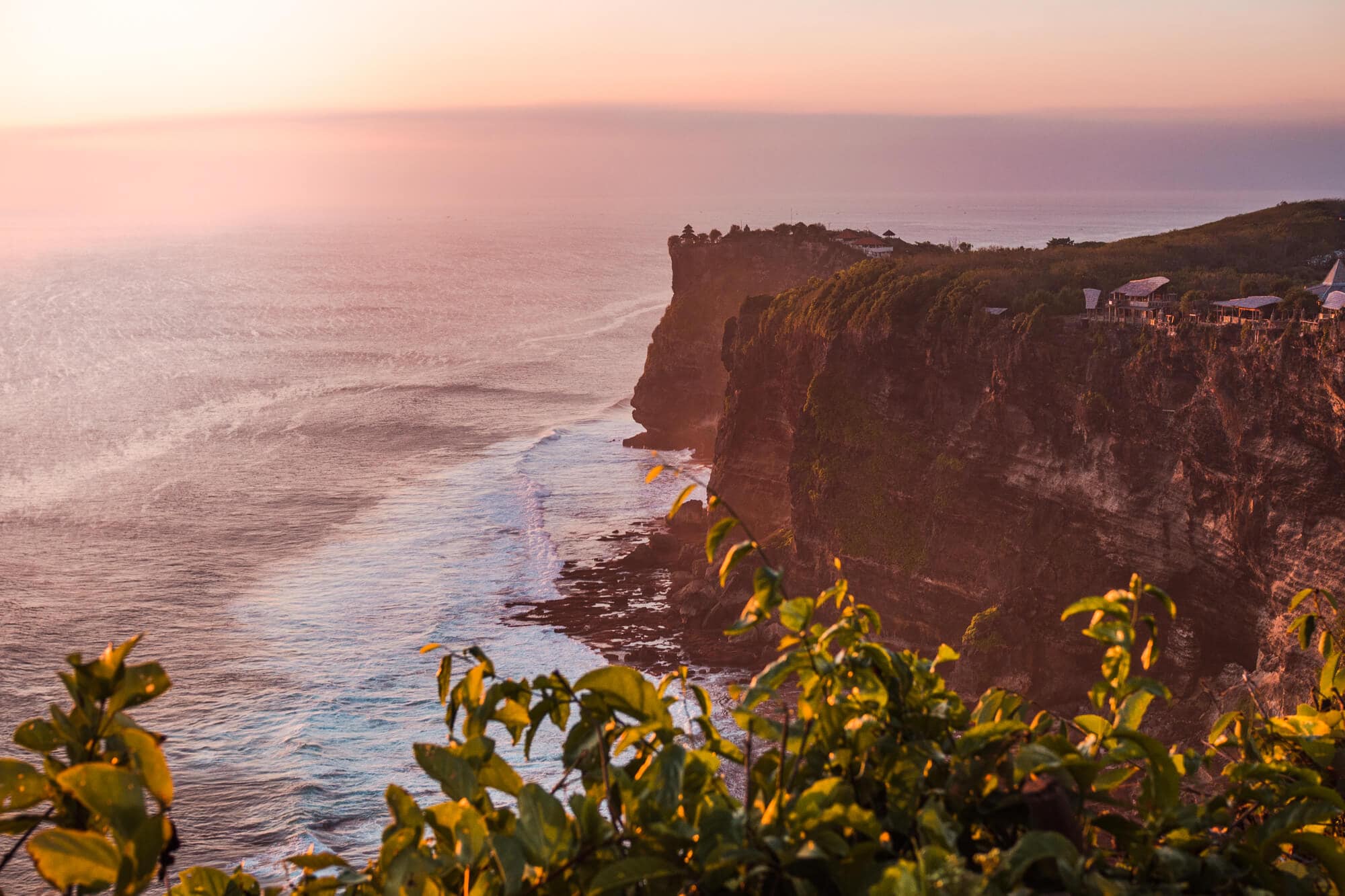

jasoncastromusic.com, Jakarta – Welcome fellow travelers! Exciting adventures and unforgettable memories have been synonymous with Golkar’s free travel initiative. However, a recent decision by Golkar has left hundreds of free-spirited wanderers in disbelief. Let’s delve into the impact of this unexpected departure on budget travelers and explore the reasoning behind Golkar’s choice. Join us as we navigate through the ever-evolving landscape of travel in 2024.
The impact of the decision on travelers
Golkar’s decision to depart from providing free travel services has sent ripples through the community of budget travelers. For many, this change means reevaluating their plans and finding alternative ways to explore Indonesia without breaking the bank. The impact on travelers is palpable as they now have to consider adjusting their itineraries, seeking new accommodations, and potentially changing transportation options. This shift in Golkar’s offerings highlights the evolving landscape of budget travel and forces individuals to adapt to these changes.
While some may find this decision disappointing, it also presents an opportunity for travelers to discover hidden gems off the beaten path or engage more with local communities. As they navigate through these adjustments, travelers can foster a deeper connection with their surroundings and gain a richer travel experience overall. Golkar’s departure from catering exclusively to free travelers encourages a more thoughtful approach towards exploring Indonesia responsibly while still enjoying all that this beautiful country has to offer.
The reasoning behind Golkar’s decision
Golkar’s recent decision to depart from providing free travel opportunities for hundreds of travelers has left many wondering about the reasoning behind this unexpected move. While Golkar has been known for its commitment to promoting budget-friendly travel options, changes in the economic landscape and industry dynamics may have influenced their choice.
As the travel sector continues to evolve rapidly, companies like Golkar must adapt to shifting market demands and operational challenges. The decision could be a strategic shift towards more sustainable business practices or a response to external factors beyond their control. While it may disappoint some free travelers who relied on Golkar’s offerings, understanding the rationale behind this decision can shed light on the complexities of running a successful travel enterprise in today’s competitive environment.
Alternative options for budget travelers
For budget travelers impacted by Golkar’s decision to depart hundreds of free travelers, there are still alternative options available to continue exploring Indonesia without breaking the bank. Consider looking into local homestays or guesthouses that offer affordable accommodation while providing an authentic cultural experience. Additionally, opting for public transportation over private tours can significantly reduce costs while allowing you to immerse yourself in the local way of life. Explore off-the-beaten-path destinations that may not be as affected by recent changes in travel policies, offering unique experiences away from the crowds.
Embrace the sharing economy by utilizing platforms like Couchsurfing or Airbnb for cost-effective lodging options and opportunities to connect with locals. Take advantage of discounted activities and entrance fees by researching special deals or visiting attractions during off-peak times. By being flexible, resourceful, and open-minded, budget travelers can still enjoy memorable adventures in Indonesia despite recent shifts in the travel landscape.
How this decision reflects the current state of travel
In the current landscape of travel, Golkar’s decision to depart hundreds of free travelers has sent ripples through the industry. It sheds light on the evolving priorities and challenges faced by companies in a post-pandemic world. The move underscores the need for businesses to adapt and make tough choices to ensure sustainability. With global uncertainties impacting travel patterns, companies are reevaluating their strategies to navigate unpredictable times. Golkar’s decision highlights the delicate balance between providing affordable options for travelers while maintaining financial viability.
As travelers seek budget-friendly alternatives, this shift reflects a broader trend towards more sustainable and responsible tourism practices. Companies are increasingly focusing on long-term impacts rather than short-term gains, aligning with changing consumer preferences for ethical and eco-conscious travel options. The decision by Golkar serves as a microcosm of the larger transformation underway in the travel industry, signaling a shift towards greater accountability and resilience in an ever-changing world.
Response from other travel companies and organizations
The travel industry is abuzz with reactions to Golkar’s decision to depart hundreds of free travelers. Other travel companies and organizations have been vocal about the impact this move will have on budget-conscious adventurers. Some are expressing concern over the potential decrease in affordable options for those seeking to explore Indonesia in 2024.
Alternative travel providers are stepping up, offering discounted packages and promotions to cater to the void left by Golkar’s departure from this market segment. By adapting their offerings, these companies aim to fill the gap and continue serving travelers who prioritize cost-effective journeys. Amidst these responses, a sense of solidarity among industry players is emerging as they navigate this shift in the travel landscape. Collaboration and innovation are key themes as organizations seek creative solutions to support free-spirited travelers while maintaining sustainable business practices.
Potential long-term effects on the travel industry
The departure of Golkar from offering hundreds of free trips to travelers has sent ripples through the travel industry. This decision may set a precedent for other companies to reevaluate their budget offerings and promotions. Travelers will need to adjust their expectations and seek alternative options as the landscape changes. With fewer free or heavily discounted travel opportunities, travelers might opt for more sustainable and responsible travel choices. This shift could lead to a more conscious approach to exploring destinations, supporting local communities, and reducing environmental impact.
Travel companies and organizations are likely observing how this move by Golkar influences consumer behavior and market trends. They may reconsider their own strategies in response to these changes in traveler preferences towards more ethical and sustainable practices. In the long run, the shift away from mass free travel promotions could lead to a healthier and more balanced tourism industry that prioritizes quality experiences over quantity. As travelers become more mindful of their impact on destinations, we might see a positive transformation in the way people engage with different cultures while traveling responsibly.
Conclusion and call to action for responsible travel choices
As travelers, it’s essential for us to adapt and make responsible choices in light of changes in the industry. While Golkar’s decision may have caught many free travelers off guard, it serves as a reminder that the travel landscape is constantly evolving. By being mindful of our impact on local communities and the environment, we can ensure that future generations can continue to explore and enjoy the beauty of Indonesia and beyond.
Let’s embrace this shift by supporting sustainable travel practices, choosing eco-friendly accommodations, respecting local customs, and seeking out ethical tour operators. Together, we can help shape a more sustainable and inclusive travel industry for all. Remember, every journey begins with a single step – let’s make sure ours are in the right direction towards responsible travel choices.







